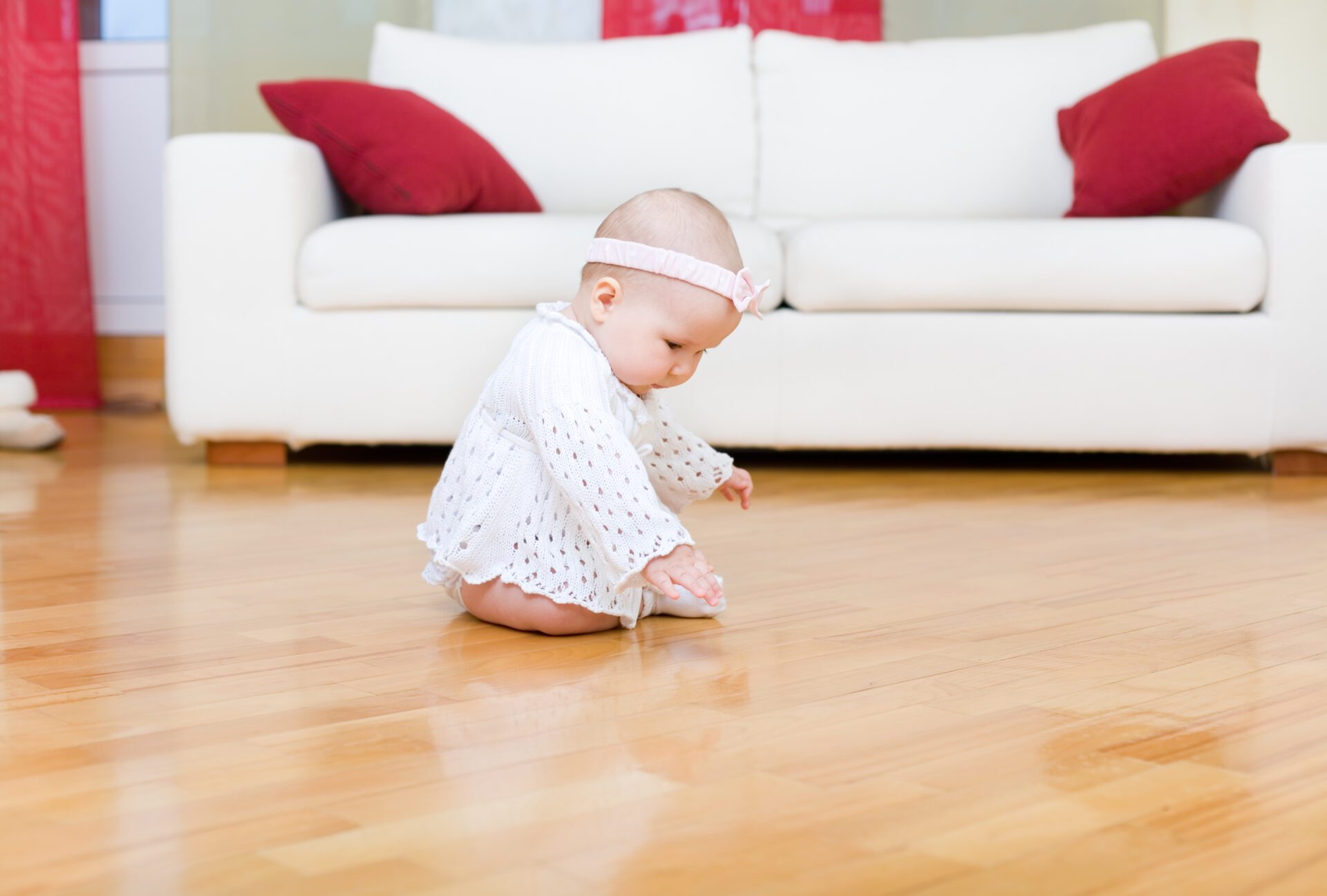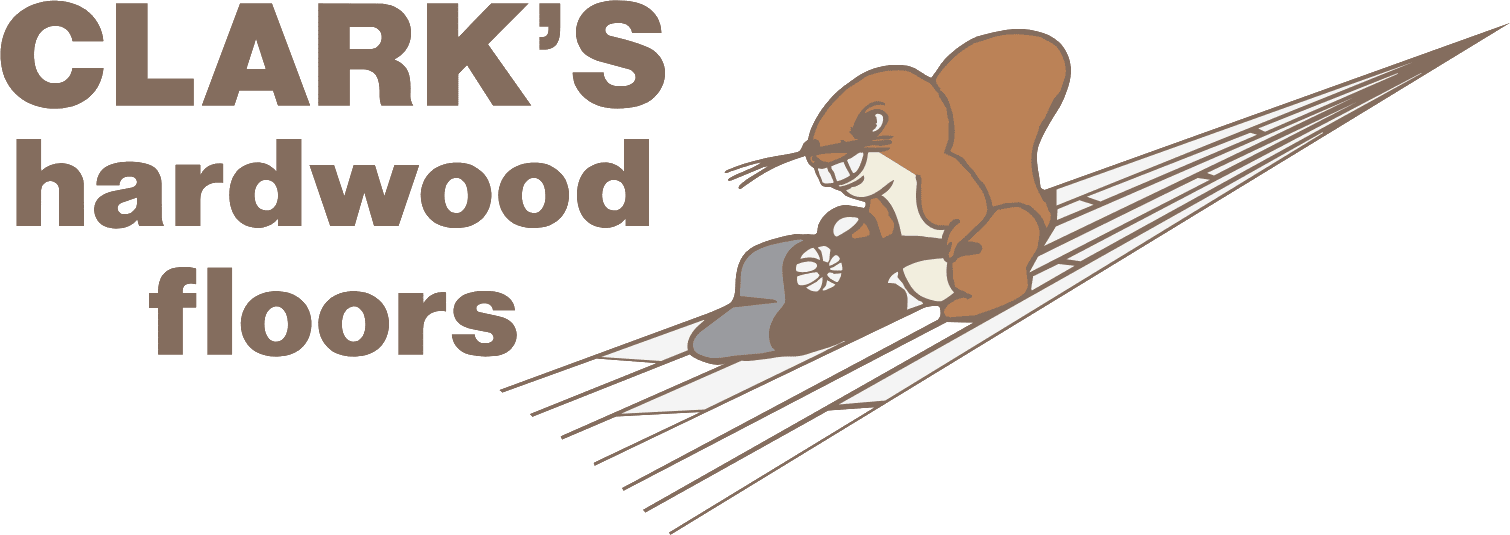
Hardwood flooring has been a go-to choice for homeowners for centuries, and it is known for its timeless beauty and durability. But as with any major home improvement decision, you might wonder: Is hardwood flooring worth it?
In this blog, we’ll talk about the pros and cons of hardwood flooring to help you determine if it’s the right option for your home.
Benefits of Hardwood Flooring
1. Longevity and Durability
Different hardwood species have varying hardness levels, so you can choose a floor that suits your needs. Oak and maple, for instance, are harder and more resilient, making them ideal for high-traffic areas like living rooms and hallways.
2. Enhanced Aesthetic Appeal
3. Increases Property Value
4. Easy to Clean and Maintain
Regular maintenance of hardwood floors is straightforward—routine sweeping, vacuuming, or mopping with a damp cloth will usually keep them looking great. While deeper cleaning and refinishing are needed periodically, they can often restore the floor’s original look.
5. Sustainable Flooring Option
Drawbacks of Hardwood Flooring
1. High Initial Cost
However, considering the longevity of hardwood and the potential increase in property value, many homeowners find that the initial investment is well worth it in the long run.
2. Vulnerability to Moisture
To prevent moisture-related damage, cleaning up spills immediately and using a dehumidifier in humid climates is essential. Alternatively, engineered hardwood floors with a plywood base can offer better moisture resistance than traditional hardwood.
3. Scratches and Dents
Fortunately, scratches can often be sanded out, and refinishing can make worn or damaged floors look like new. But it’s worth noting that sanding and refinishing require additional time and money.
4. Hard Surface
Using area rugs or mats in high-traffic areas, especially in places like the kitchen or playroom, can help soften the impact and add comfort underfoot.
Hardwood Flooring Maintenance
Regular Cleaning Routine
There’s a simple everyday routine to keep your hardwood floors gleaming and safe:
- Sweep or Vacuum: Dirt and dust particles can act like sandpaper, causing scratches. Regular sweeping or vacuuming will help prevent buildup.
- Use Damp Mop: Clean your floors with a slightly damp mop and a cleaner specifically for hardwood floors. Don’t soak the floor, as puddles of water can damage it.
- Avoid Harsh Cleaners: Avoid harsh chemicals or abrasive cleaning pads, as these can strip the finish or scratch the surface of your hardwood.
Dealing with Scratches
Deeper scratches or dents may require professional sanding and refinishing, which can restore the floor to its original beauty.
Seasonal Maintenance
By following these simple tips, you can keep your hardwood floors looking beautiful for decades.
Should You Choose Hardwood Flooring?
However, if cost or moisture resistance are concerns for you, you might want to explore alternatives like engineered hardwood or other flooring types. That said, hardwood’s unmatched beauty, longevity, and return on investment often make it a worthwhile option for homeowners who want to add a touch of elegance to their space.
Bottom Line
If you’ve decided that hardwood flooring is right for you, or if you’re still unsure and want expert guidance, Clark’s Hardwood Floors can help. With decades of experience in the industry, we offer high-quality hardwood flooring solutions tailored to your unique needs. Whether you’re looking to install new floors or refinish existing ones, our team of professionals is here to provide excellent craftsmanship and customer service.
Ready to transform your home with the timeless beauty of hardwood flooring? Contact Clark’s Hardwood Floors today for a free consultation and explore our wide selection of wood species, finishes, and design options!
